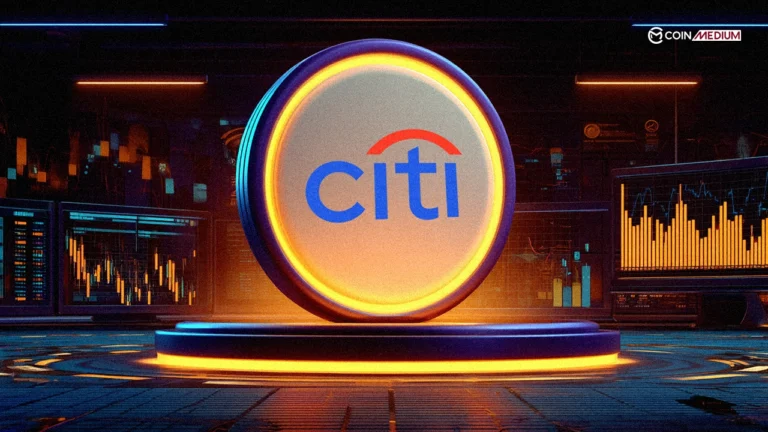The Hong Kong Securities and Futures Commission (SFC) has issued a severe warning about increased fraud risks after the implementation of new Stablecoin rules that took effect on August 1, 2025.
Ye Zhiheng, the executive director of the intermediaries division of the SFC cautioned investors against speculative investments driven by market hype.
He noted that fraud risks have significantly increased.
The new stablecoin rules in Hong Kong
Hong Kong’s Stablecoin Ordinance introduced new stablecoin rules, including stricter requirements for issuers, prompting significant market reactions.
On August 1, 2025, several stablecoin companies operating in Hong Kong reported double digit losses. Analysts have likened this to market correction driven by unexpectedly rigorous regulations.
Despite these losses, Ye noted that some firms saw their share prices surge after merely announcing plans to apply for a stablecoin issuer license, raising concerns about speculative trading.
Regulators urge caution amid market volatility
SFC and the Hong Kong Monetary Authority (HKMA) in a joint statement highlighted “abrupt market movements” linked to stablecoin-related announcements, social media posts, and corporate plans to pursue licenses or explore stablecoin initiatives.
The regulators emphasized that such activities have fueled speculative trading, increasing the risk of fraud.
The SFC vowed to closely monitor trading activities and promised “stringent actions” against manipulative or deceptive practices that threaten market integrity.
The warning also points in the direction of Hong Kong’s commitment to maintaining a stable and transparent financial ecosystem, specifically in the evolving cryptocurrency landscape.
Hong Kong’s broader Crypto ambitions
The new stablecoin rules mark a significant step in Hong Kong’s efforts to regulate the cryptocurrency sector.
The Stablecoin Ordinance prohibits the offering or promotion of unlicensed fiat-referenced stablecoins to retail investors, with a six-month transition period for compliance.
Additionally, the SFC and HKMA have launched a public license registry to enhance transparency and accountability for stablecoin issuers.
Last week, the SFC further tightened its regulatory framework by issuing guidance on cryptocurrency custody standards.
The new rules impose stringent security requirements and ban the use of smart contracts in cold wallet implementations. This is a move that could challenge existing practices at several major crypto firms.
Regional stablecoin regulation
The introduction of the new stablecoin rules signifies Hong Kong’s broader push to establish itself as a global hub for cryptocurrency innovation while prioritizing investor protection.
However, the SFC’s latest warnings follow other regional crypto developments like China’s crackdown on stablecoin promotions, research, and seminars.
It seems that Hong Kong’s regulators have made cryptocurrencies a high priority. They look to balancing innovation with managing fraud to ensure market stability and consumer protection. In May 2025, Hong Kong’s Legislative Council passed a stablecoin licensing bill, establishing a framework for official issuers.








